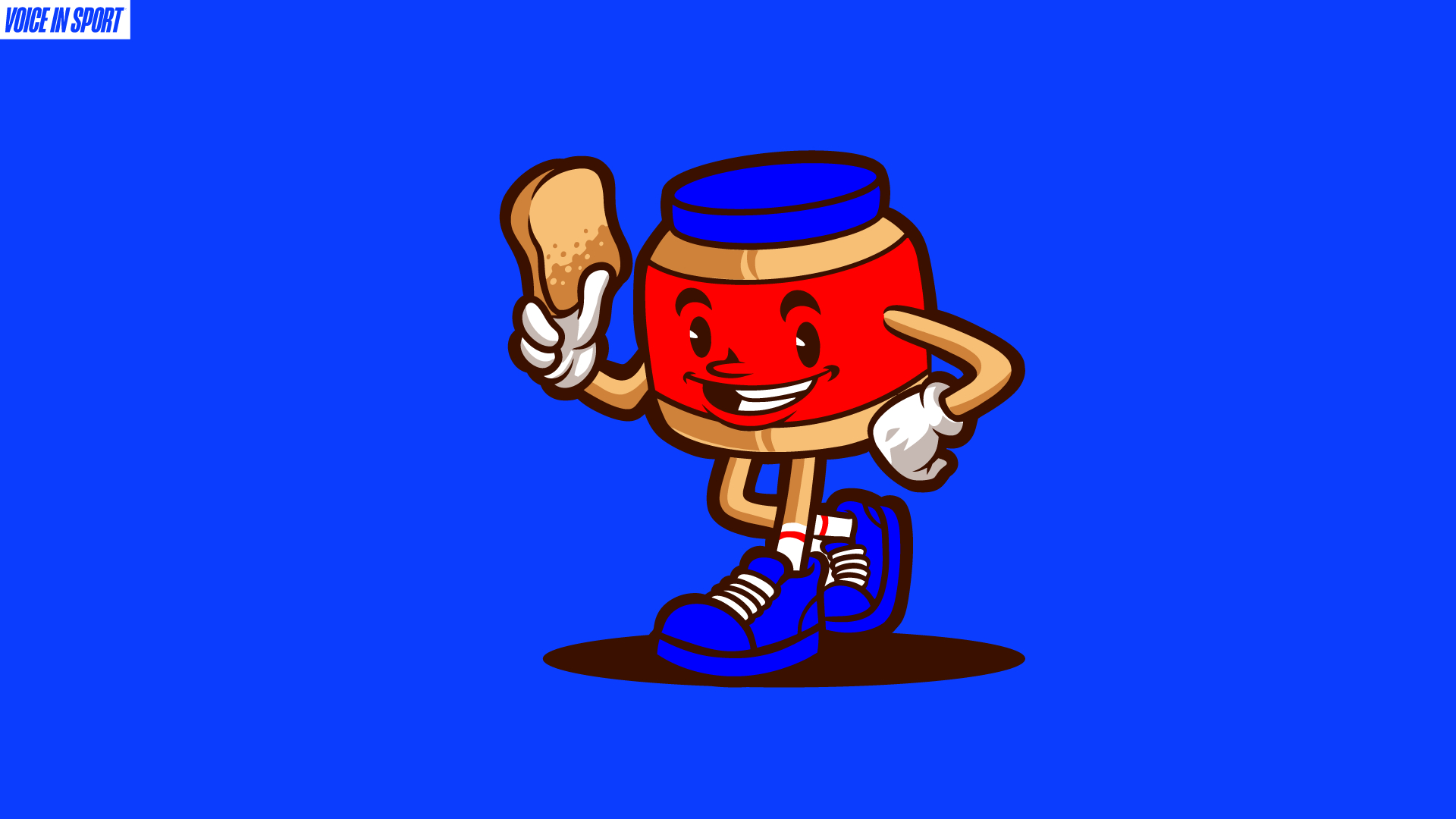Fueling our bodies properly is essential for optimal performance, recovery, and injury prevention. Especially immediately after a difficult training session, we need to be consuming thoughtful nutrients, and enough of them, to aid in whatever goals we just worked towards, whether that be speed, strength, muscle growth, or anything in between. Jessica Furlan, Canadian steeplechase runner and VIS Mentor, has learned this value over time.
“A couple of years ago, as part of a study I was participating in that was looking at women athletes and the prevalence of RED-S, I met with a dietician,” Furlan says. “With her help we determined that I was not taking in enough simple carbohydrates post-training.”
Furlan was eating carbs, just more complex ones that are difficult for our bodies to break down, especially after a draining workout. “When I switched my immediate post-workout snack to things like cashew butter on toast, or a slice of banana bread, I noticed an almost immediate improvement in my training. I felt stronger in workouts, and was able to put in more quality sessions, with a higher volume than I had ever done, all because I was recovering so much better,” Furlan says.
Now, Furlan’s go-to choice for post-workout fuel gives her the best of everything she needs, and it couldn’t be more simple. Elevate your classic PB&J with these swaps for all-natural ingredients built for athletes:
Sourdough toast - generally has more vitamins and minerals than yeasted breads, that are easier to absorb because of its fermentation process.
Cashew butter - a neutral flavor with a thick texture that won’t run off our toast, made with only nuts and salt to help replenish sodium levels after a sweaty session.
Mashed fresh berries - a bit sweet and a bit tart, they balance out of the starchiness of the bread and nut butter and pack a fresh punch. Try blackberries, blueberries, or raspberries, all with anti-inflammatory and antioxidant properties to help prevent injury.
Make it into a sandwich or an open-faced toast and enjoy this post-workout fuel that delivers essential nutrients to our bodies in an efficient and delicious way. Furlan eats hers within the first 30 minutes after a hard workout, and always follows it up with a bigger meal within the next two hours.
“If there is one thing I could go back and tell myself when I was younger it would be to eat more – on hard workout days, but just as importantly, on easy days. Because what usually comes after an easy day? A hard day.”
Remember, there is no one “right” way to approach nutrition for all of us. Simple carbohydrates, healthy fats, and proteins are all important for our bodies to receive post-workout, but that can be achieved in a multitude of ways. Try out different combinations and find out what you love and what makes you feel the best. While sourdough bread has its benefits, yeasted bread is no enemy and neither is peanut butter instead of cashew. Having experienced her own confusion and struggles with foods labeled as “good” or “bad,” Furlan is intentional about encouraging a holistic view of nutrition, understanding that we as women athletes deserve fuel of all kinds.
When Furlan was younger, she attended a running camp held by a former professional woman runner. During a nutrition talk the runner made a negative comment about bagels and compared them to fast food. “I don’t think I ate a bagel for years after that, or if I did I felt guilty about it.” Now understanding much more about the importance of carbohydrates and an overall healthy relationship with food, Furlan strives to inspire others to fuel intelligently but not restrictively because she remembers how impactful a harmful and false comment was to her young self. Today, she trains hard and recovers better with a well-rounded embrace of all the macronutrients her body needs to stay healthy, fast, pain-free, and on the trails.





